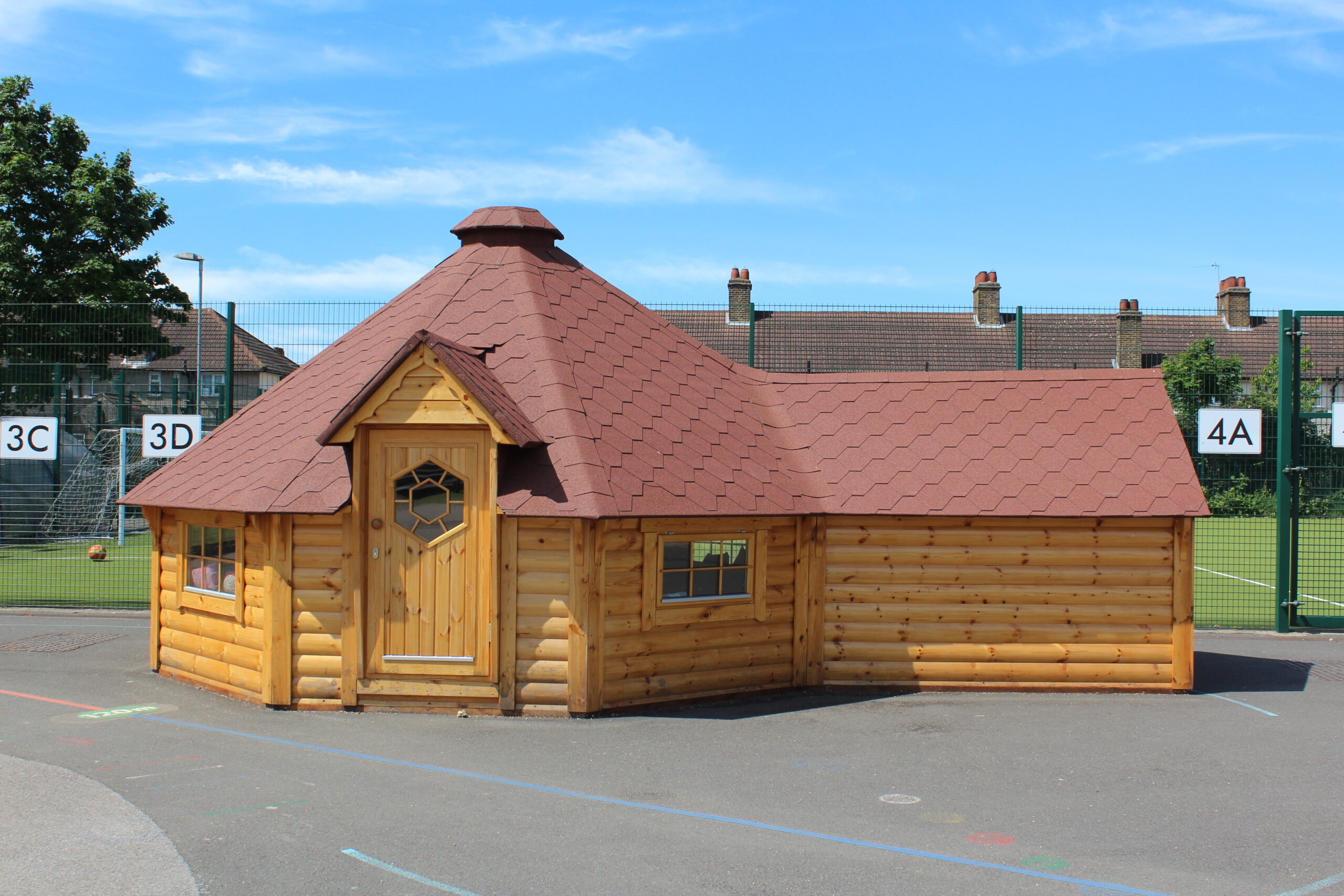


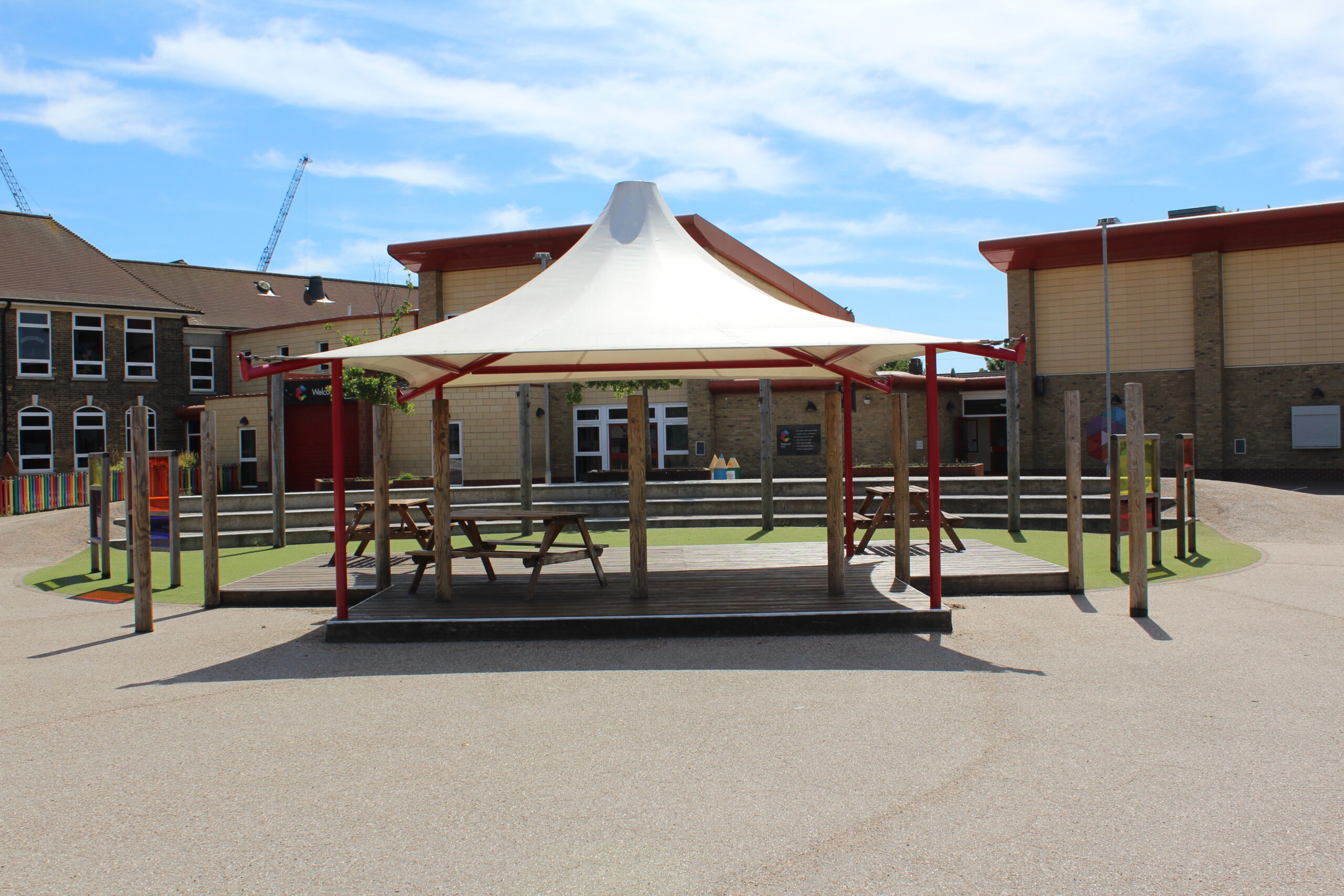

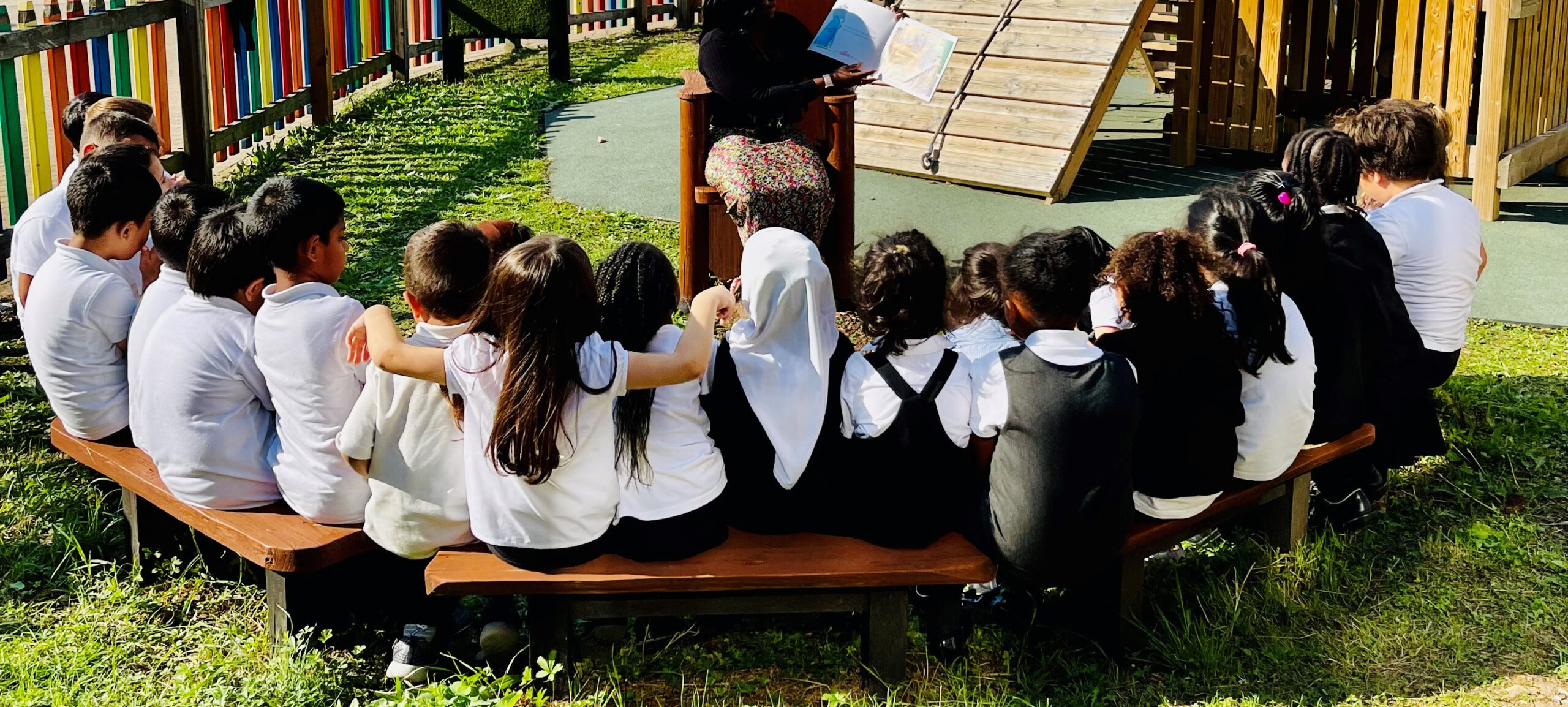
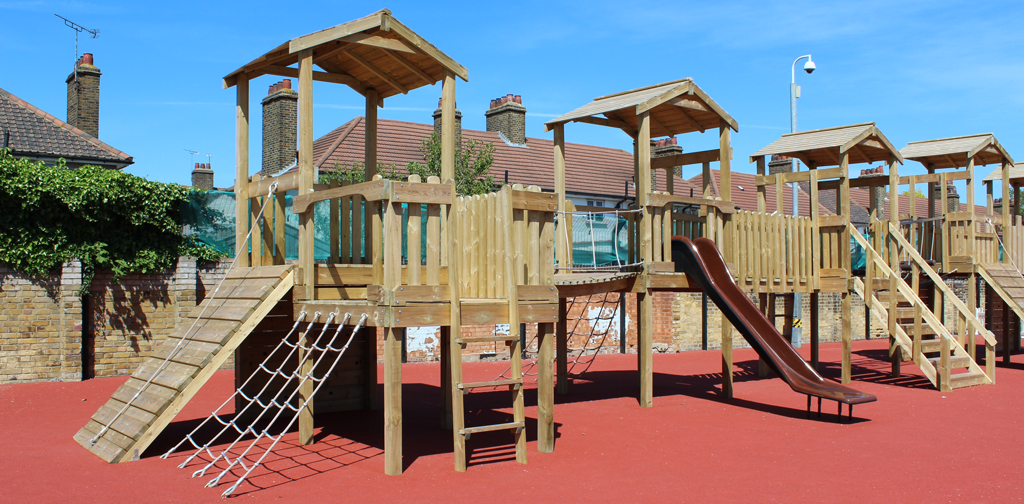




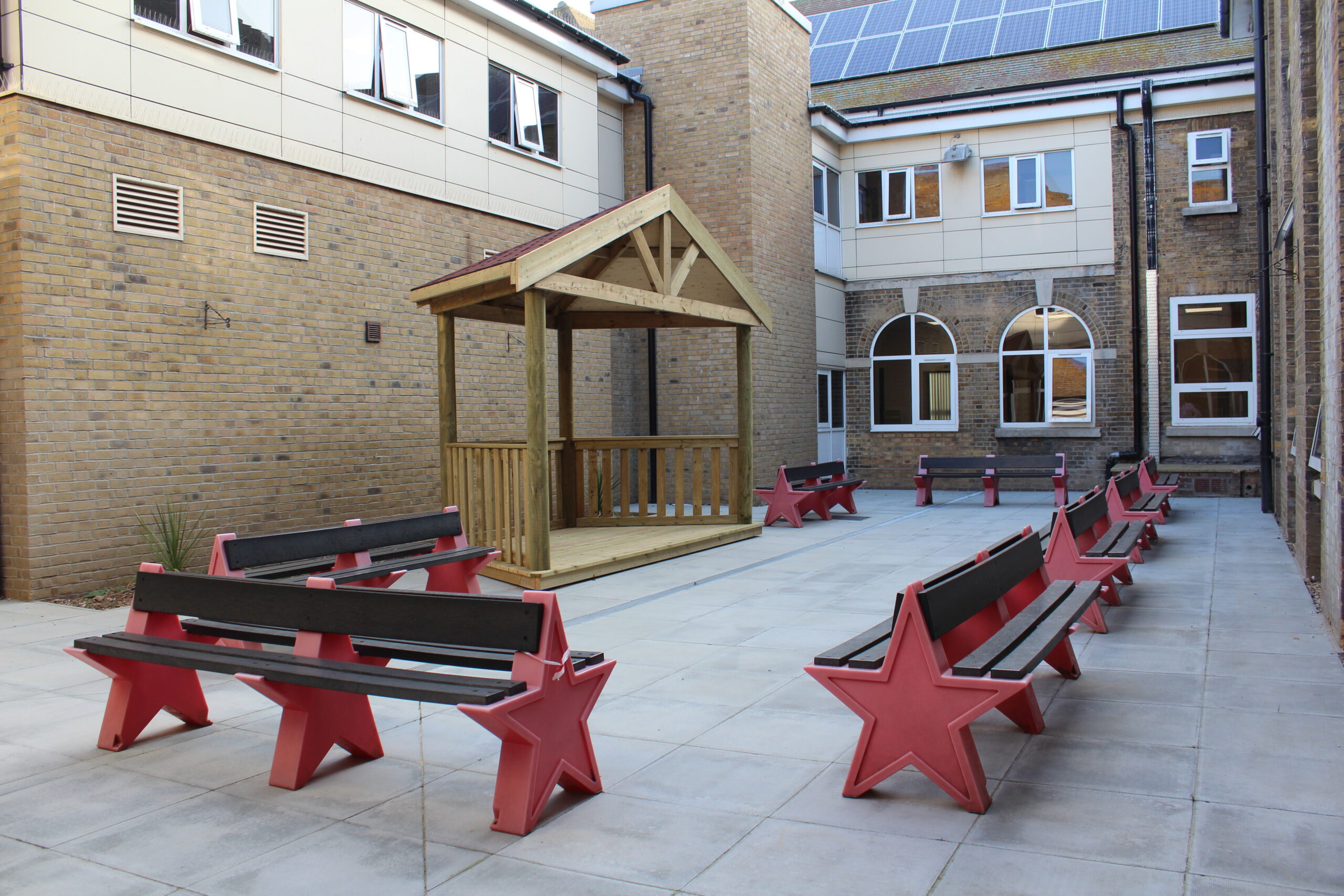

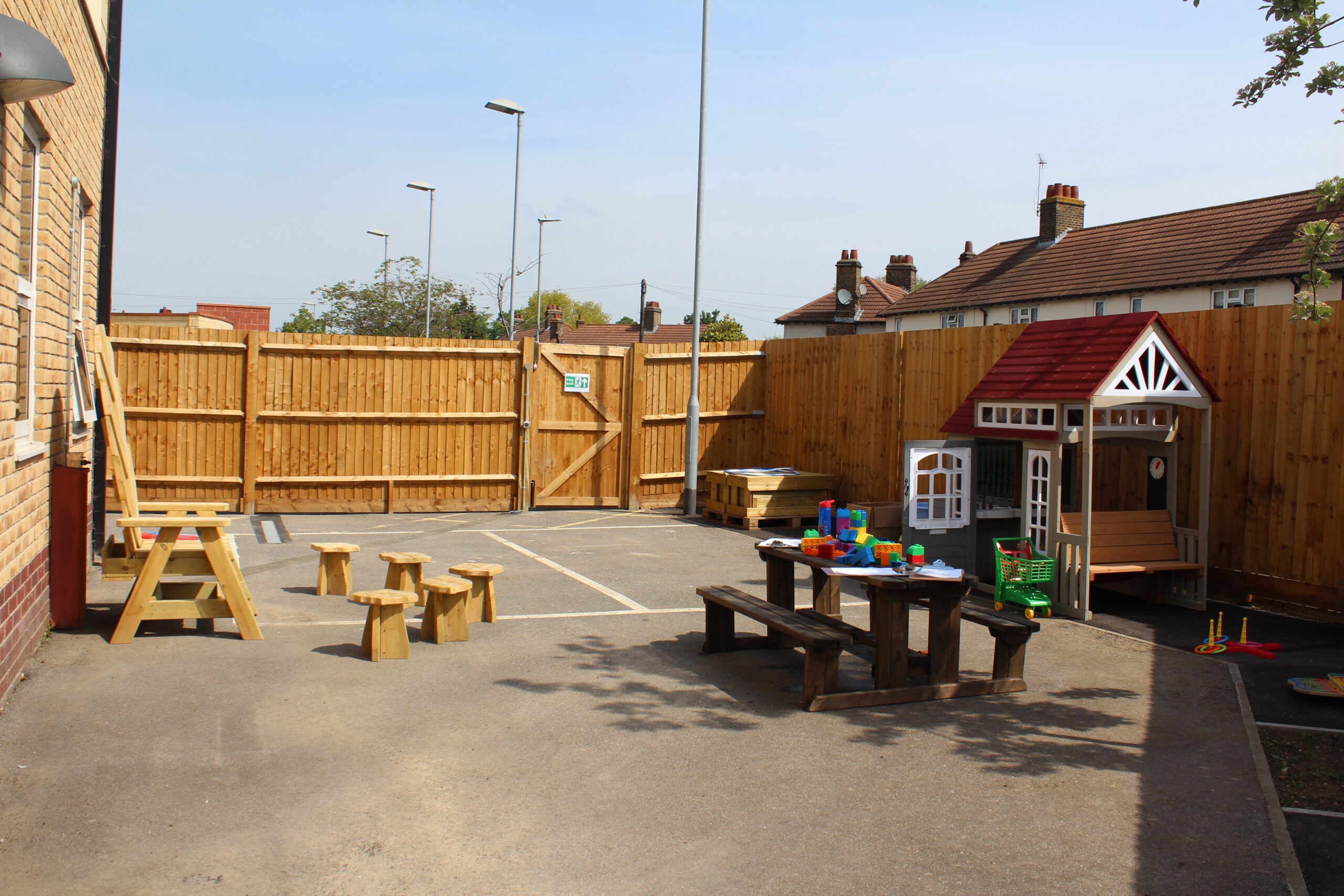

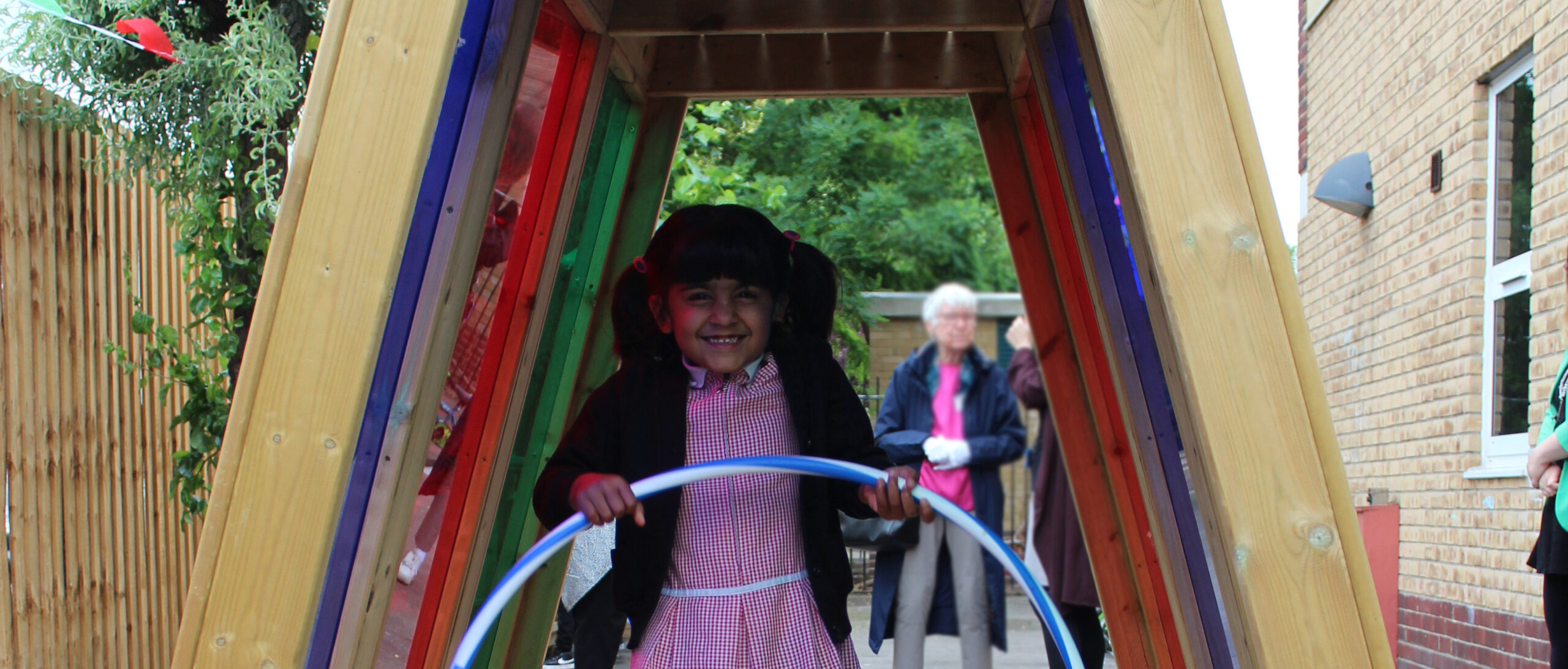
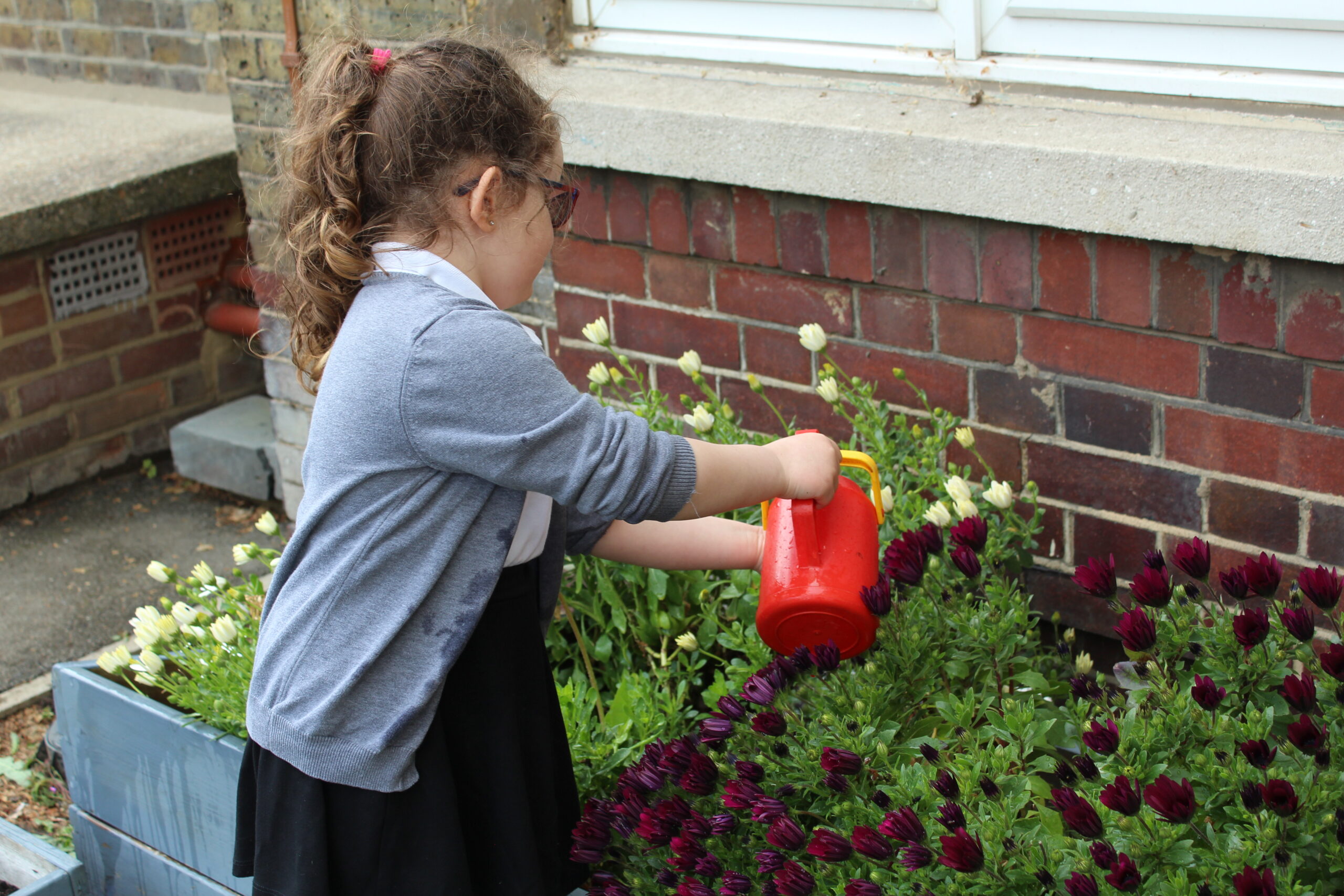







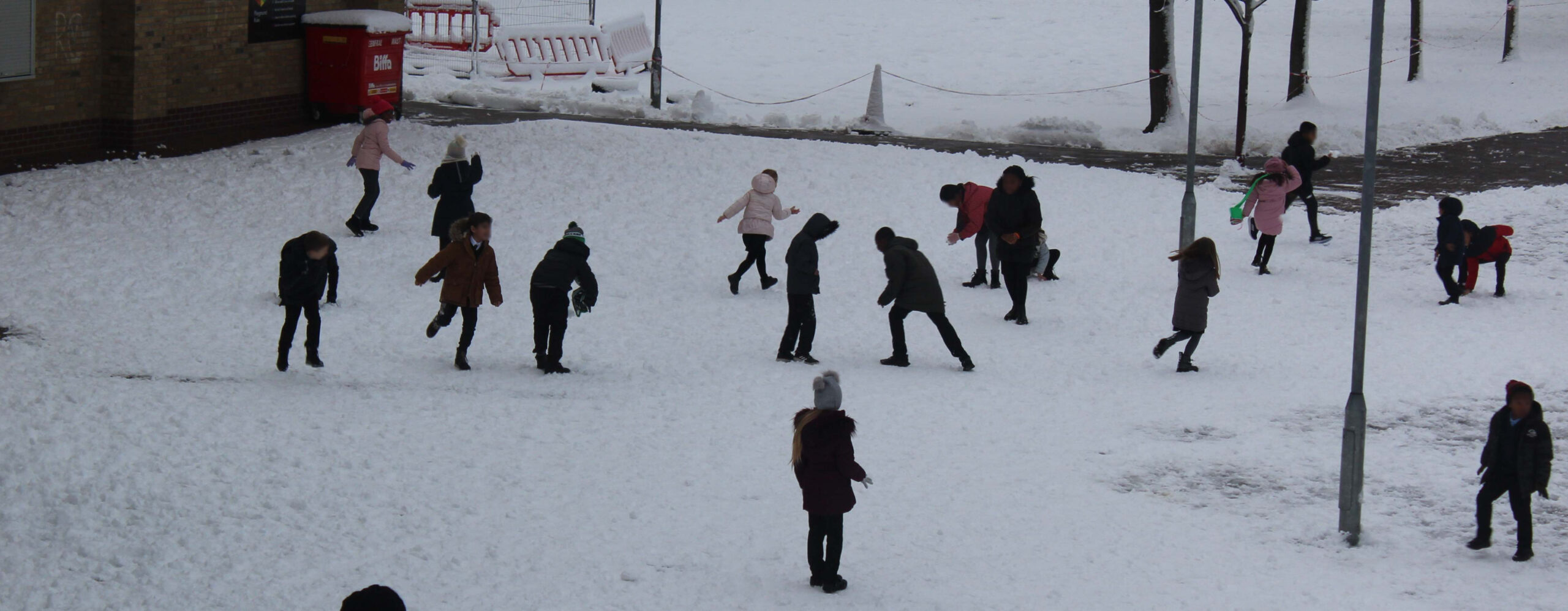

Welcome to our Slow Processing Page
What is Slow Processing
Slow processing speed is when people need a lot of time to take in, make sense of, and respond to information. The information can be visual, like letters or numbers. It can also be auditory, like spoken language.
Slow processing can mean that it takes longer for you to take in information (e.g. via the senses).
It’s caused by brain differences that make them take longer to do things than other kids. This includes doing homework, having a conversation, and making decisions.
Slow processing speed means that some determined tasks will be more difficult than others, like reading, doing math, listening and taking notes.
How to support your child
Practice can help improve your child’s speed at that skill. Research shows that repeating a task makes it become more automatic—and thus quicker to process.
Establish a clear routine and schedule to increase speed at home; the more automatic or routine something is, the more likely it is to be completed efficiently.
Research shows that repeating a task makes it become more automatic—and thus quicker to process. This applies to everything from brushing your teeth to learning multiplication tables. The more you do a task, the faster you get at it.
Tips for helping a child with processing difficulties
1. Allow time, time and more time.
2. Repeat instructions and task directions.
3. Provide outlines and summaries of instructions.
4. Encourage overlearning.
5. Get them to work it out on paper.
6. One question at a time.
7. Shorten activities.
Basic memorisation exercises and logic puzzles will keep your brain sharp and processing information quickly.
Each logo below will take you to website that have information that will support your child if they find processing difficult.







